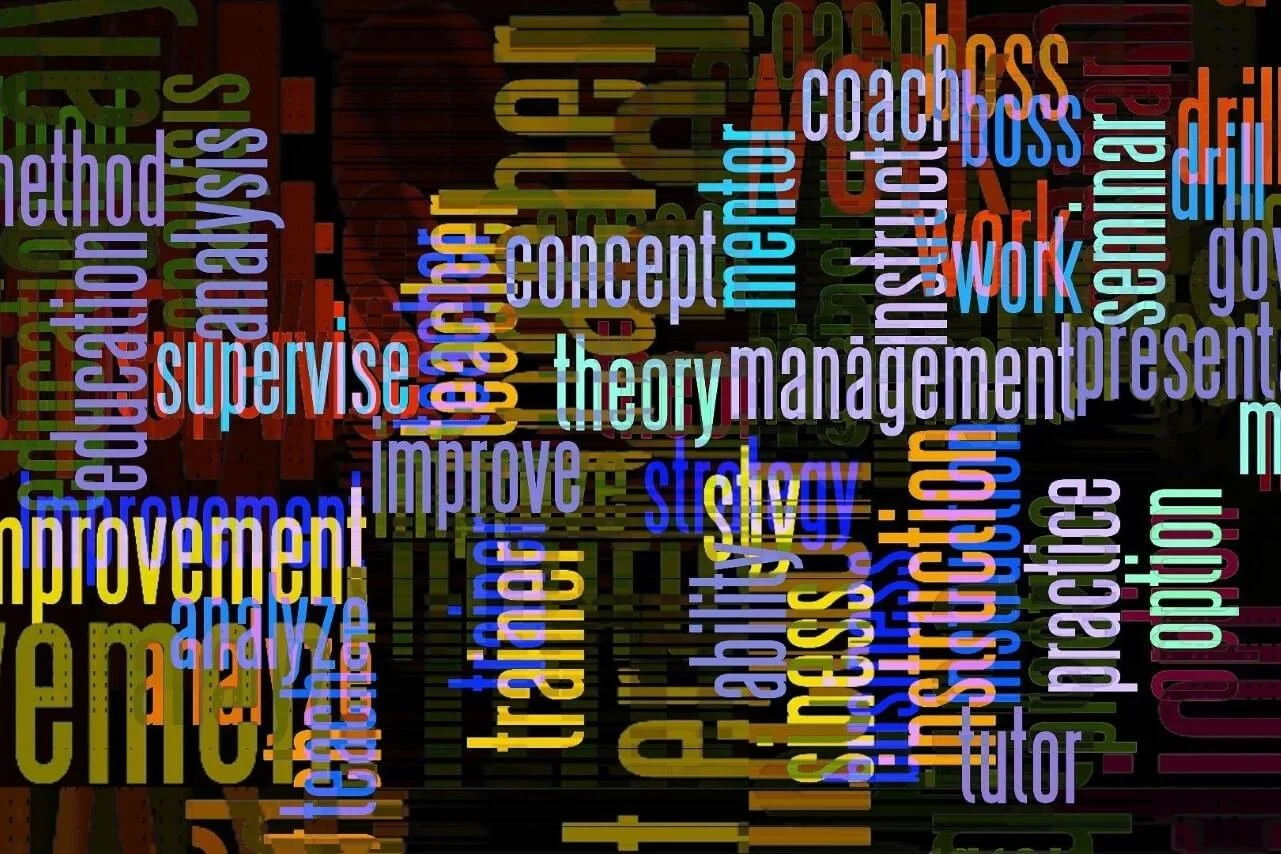
What is the Expressive Therapies Continuum Theory?
Before I begin to answer this question, I need to take the reader on a little side trip to explore what is meant by “theory”. It’s true that several credible sources in Expressive Therapies Continuum (ETC) literature identify the ETC as a theory—and my name is included among the authors who’ve described the ETC this way!—but if you dig into the definition of a theory, the Expressive Therapies Continuum doesn’t really fit.
A theory is an idea, and in psychotherapy a theory is an idea that describes why people suffer and what can be done to alleviate that suffering. It tends to be associated with worldview, and that has a lot to do with the evolution of psychotherapeutic theories over the decades.
Did you know the field of psychotherapy currently has over 500 theories?

What Are the Three Elements of Art Therapy in Austin, TX?
Artists often speak of their work in terms of formal elements…those would be line, shape, form, space, value, color, and texture (and some artists would add movement to this mix). Formal elements are the building blocks or DNA of all visual art forms, and understanding a work of art in terms of its formal elements allows for analysis and appreciation of the artist’s work.
But are the formal elements the same thing as elements of art therapy? Nope.

What is the Expressive Therapies Continuum Model?
The Expressive Therapies Continuum is a framework that popped up in the art therapy profession back in the 1970s. The co-creators of it, Vija Lusebrink and Sandra (Kagin) Graves-Alcorn, were art therapy pioneers who melded together the findings of their respective research and developed what would become a mega-model for assessment, treatment planning, intervention, progress monitoring, and case conceptualization all within one client-centered, outcome-informed system of nervous system data processing.

What Is Art Therapy and How Does It Work? An Austin, TX Art Therapist Shares Insights
Art therapy is a regulated mental health profession. That being said, it’s practiced in many different ways, depending on the training of the art therapist and their theoretical leanings—and their place of practice and the population they work with.
Art therapy isn’t just “one size fits all’; it’s a diverse professional field that treats everything from anxiety to trauma. But how does art therapy help people recover from or transform the way they feel and the way they engage with the world around them?
How does art therapy in Austin, TX work?

Who Created the ETC?
Once upon a time, two pioneer art therapists met at the University of Louisville in the United States. One was Vija Lusebrink, who would go on to ensure that her ideas made it onto the radar of American art therapists, and the other was Sandra (Kagin) Graves-Alcorn, whose ideas contributed to the knowledge base of many art therapists despite the fact that many don’t know her name.

What Does an Art Therapist Do? Thoughts from an Austin, TX Art Therapist
Art therapists stay just as busy as any other therapist! But what does that entail? Well, in many ways what an art therapist does is similar to what you’d expect from every mental health professional, but THEN there are the aspects that are specific to art therapy. What are they?

What is an ETC Assessment?
An ETC assessment is an assessment within the structure of the Expressive Therapies Continuum. It would be used by an art therapist (or another kind of expressive therapist) to determine how a client’s nervous system processes information; this information can be physical in nature, emotional, or intellectual.
In truth, our nervous systems process all three kinds of information simultaneously, but for each person there’s usually one dominant way of processing it all.

What Is the Main Goal of Art Therapy in Austin, TX?
When people come for treatment via art therapy, they aren’t looking for improved painting or drawing skills! They are looking for better ways of relating to themselves, others, and the world around them. In short, they want to feel good in ways they currently don’t.
This article looks at some reasons why someone might show up in an art therapist’s office.

What is the Perceptual Component of the Expressive Therapies Continuum?
Vija Lusebrink told me the Perceptual component of the Expressive Therapies Continuum is the hardest of the components to explain to others. Keep in mind—this statement came from one half of the duo that conceptualized the ETC.
That should tell you something; if one of the co-creators of the Expressive Therapies Continuum thought the Perceptual component was hard to explain, how much harder it must be for everyone else!

What Is Art Therapy in Austin, TX Given For?
Art therapy is more than meets the eye—if you were to observe a session, you might mistake it for an art class (perhaps with a single student). Of course the dialogue going on would clue you in that this is no ordinary art class, but you might find yourself wondering what art therapy is given for.
What kind of treatment needs benefit from the provision of art therapy services?